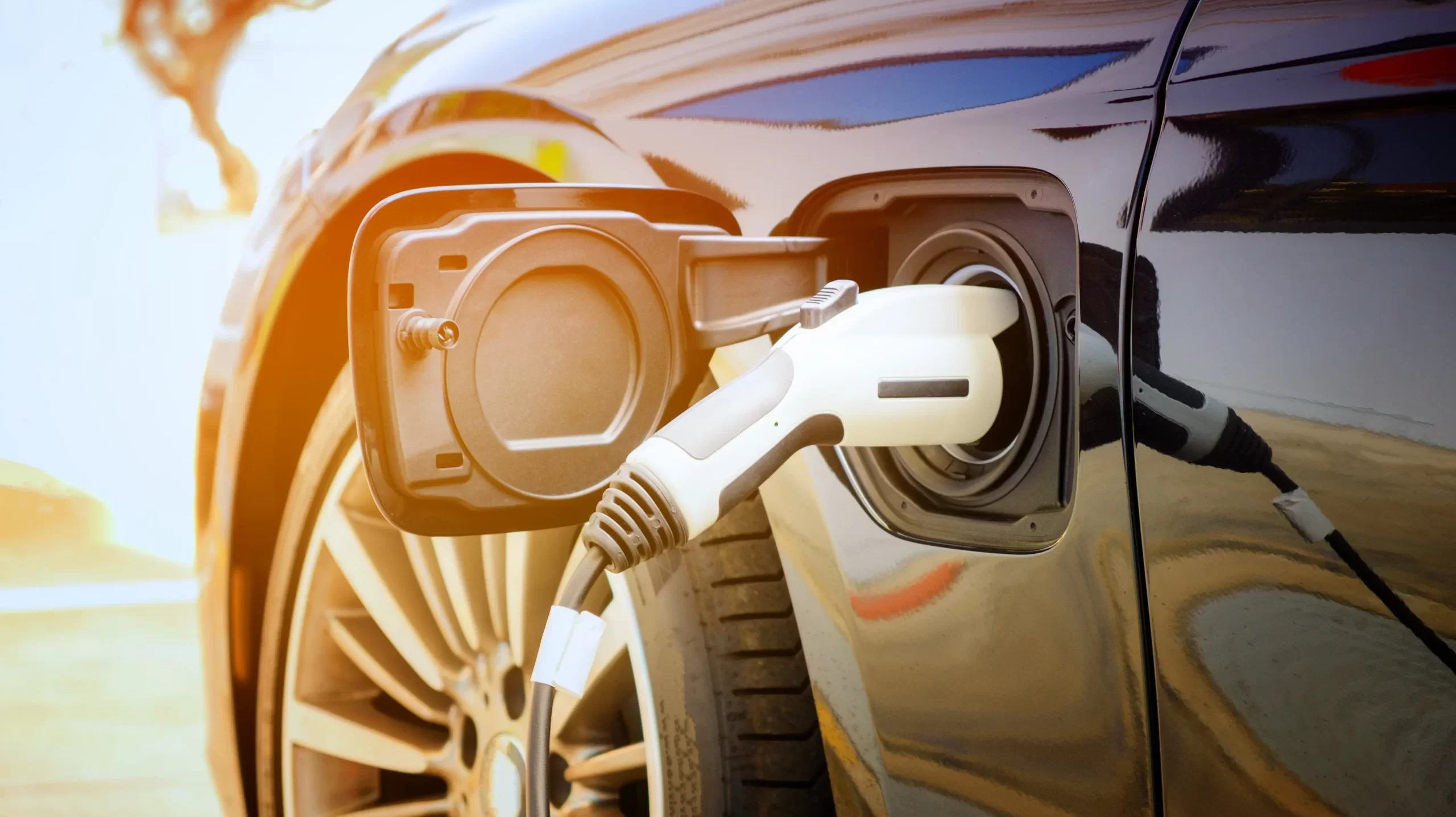|
Getting your Trinity Audio player ready...
|
On Monday, the Alabama Department of Economic and Community Affairs announced they would administer 14 grants, totaling $11.2 million. The grants are the latest disbursement of $79 million provided to Alabama over the next five years from the National Electric Vehicle Infrastructure formula program at the Federal Highway Administration.
The grant will create thirteen new charging stations along the state’s interstate system. Another grant, awarded at $2.4 million, will expand the Bevill State Community College HVAC Training Center. They will begin training students to install, test and maintain the new electric vehicle charging stations.
The NEVI formula program will produce 80 percent of the project funding and companies are expected to match with at least 20 percent with non-federal funds from grant applications.
“Having strategic electric vehicle charging stations across Alabama not only benefits EV drivers, but it also benefits those companies that produce electric vehicles, including many of them right here in Alabama, resulting in more high-paying jobs for Alabamians,” Gov. Kay Ivey stated.
Alabama has been focused on accommodating electric vehicles which have become more popular in recent years.
In previous years, funds for electric vehicle charging projects came from appropriations by the Alabama Legislature under the Alabama Electric Vehicle Charging Infrastructure Program. This program targeted busy roadways away from the interstate.
To qualify for this round of funding, locations had to be within one mile of an interstate and the businesses at the location must be open 24/7, year round. The second round of funding will expand farther from the interstate corridors.
“Alabama continues to make progress in installing charging systems for electric vehicles along major roadways,” ADECA Director Kenneth Boswell stated. “ADECA is pleased to support Gov. Ivey’s efforts to ensure that drivers who choose electric vehicles have access to dependable charging infrastructure as they travel the state.”



















































